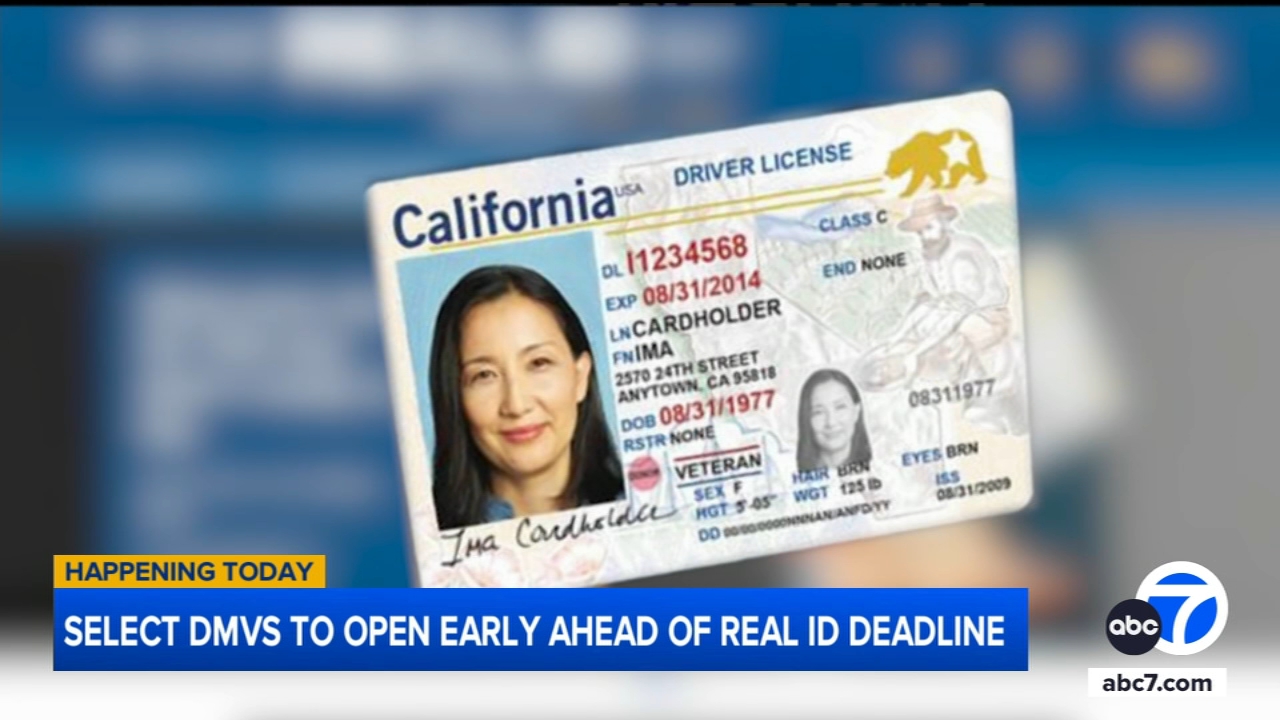Before COVID vaccine, convalescent plasma was used to treat patients. How is it being used today?

LOS ANGELES (KABC) -- Long before vaccines, the focus was on a handful of COVID-19 treatments that provided glimmers of hope. The first to emerge was convalescent plasma. It offered a way for survivors to help those still suffering.
Golden plasma, teeming with precious antibodies, was tilled from the donated blood of coronavirus survivors - like now-retired LAPD Cmdr. Cory Palka.
The 34-year police veteran donated at American Red Cross centers three times before his antibodies waned.
"Through donating blood, plasma and my organs...I think there's no greater testament to my faith and to my life of caring for others," he said.
All of this happened amid the social justice movement, where Palka took a knee alongside Black Lives Matters protestors.
"My priority is to be of service, to care for others and to have value and respect for all individuals in Los Angeles," he said.
With its network of donation centers, the Red Cross was best positioned to identify potential donors and collect plasma nationwide.
WATCH | Outgoing LAPD Commander talks about surviving COVID

"We all worked together to come up with a plan so that we could get convalescent plasma to the sickest patients first," said Dr. Catherine Mazzei, the medical director of the American Red Cross Northern California Region.
Convalescent plasma was among the first treatments to be investigated. Studies later revealed mixed results, but Mazzei said the data shows it can still be helpful.
"Maybe we need to adjust who we're giving it to or the timing of when we're giving it," she said.
This week, a government agency announced it would stop funding the collection of convalescent plasma.
But there's still a need for it. So instead of separating the plasma from the start, the Red Cross will focus on testing whole blood donations and getting the plasma from there.
"If the donor of the whole blood has a high enough titer of antibodies to coronavirus, then we are absolutely going to use that plasma as convalescent plasma to treat a patient that has coronavirus," Mazzei said.
RELATED | After recovering from COVID, LAPD commander becomes plasma donor to help others

Now with hospitals doing more elective surgeries, whole blood donations are in greater demand. College campuses, where most blood drives occur, remain closed. And most potential donors are working from home.
"We're encouraging those folks again to go on our website or use our donor app and come into our centers or find a mobile drive that's going to be close to where you live," Mazzei said.
The Red Cross continues to play a vital role in ending this pandemic, but they can't do it without you.
"There's no greater gift to know that you may have saved somebody's life through your blood donation. Even though you may not know that person. There's such such gratitude," Palka said.
RELATED | Experts dispel myths about the COVID-19 vaccine












